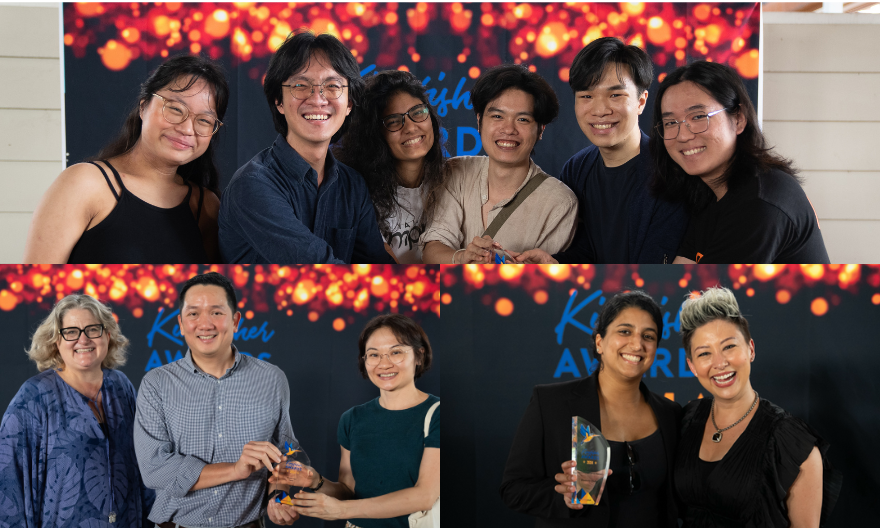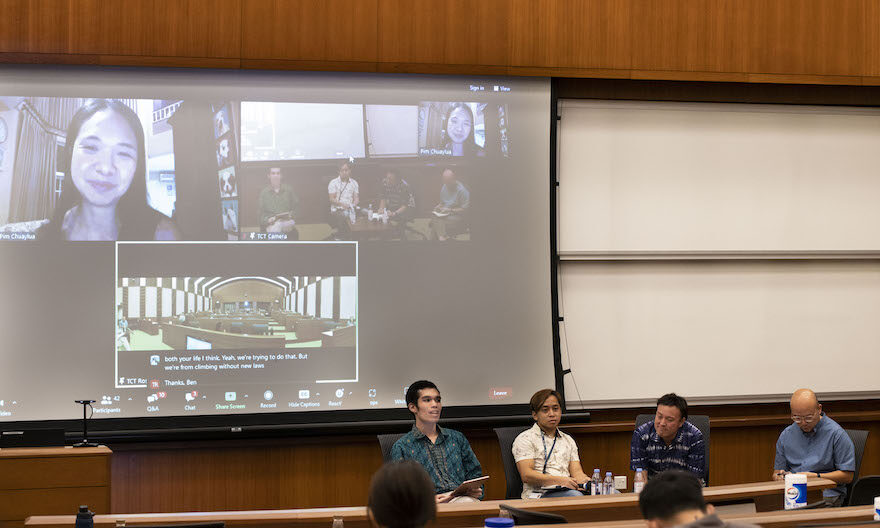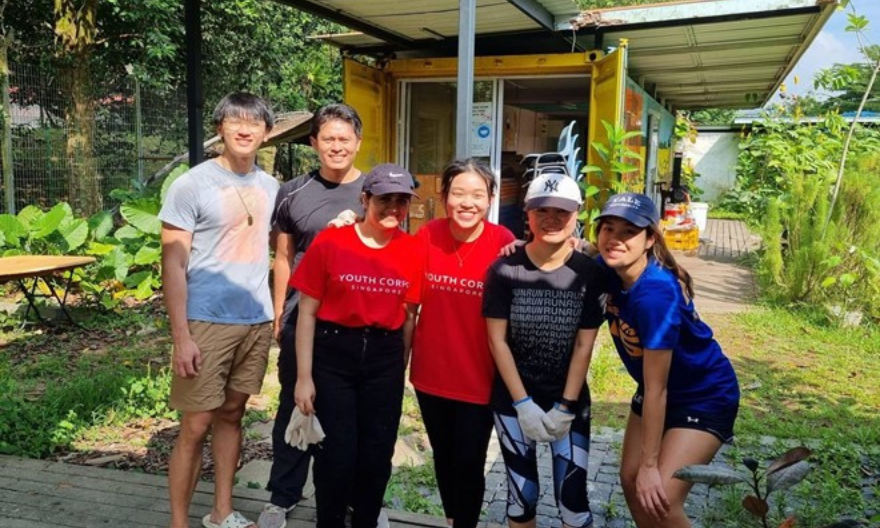Sustainability success stories: how Chili Padi Academy has helped students effect change

From 26 February to 3 March 2018, high school students from Indonesia and Singapore gathered at the Yale-NUS campus for a one-week accelerator programme.
Known as the Chili Padi Academy (CPA), the programme helps high school students by equiping them with the skills, emotional intelligence, and networks to become the next generation of environmental leaders in the Southeast Asia region.
CPA was founded by a group of Yale-NUS students from the campus sustainability movement, I’dECO and is one of many projects that the student organisation conducts to benefit the Yale-NUS community and beyond. Some of these include the Singapore Environmental Action & Leadership (SEAL) Programme and Strategies for Sustainability, the sustainability consulting arm of the student organisation. Their overall aim is to nurture future leaders that can engage in environmental activism critically and creatively.
Over the course of the week, CPA participants were equipped with skills and knowledge, such as problem-based learning and design thinking, a method used for practical and creative resolution of problems, through workshops and worked together to develop a home-country project. They also took part in various learning journeys toplaces of interest such as the Siloso Beach Eco-Resort and the Marina Barrage to observe sustainability projects in action
Celine Vien Andriana, a student from Hwa Chong Institution, participated in this year’s programme to learn more about methods of enacting environmental change.
On why she decided to attend CPA, Celine shared, “The programme structure was appealing as there was mentorship and meaningful leadership training, which are good support in learning how to start change.”
Another participant was Nadiyah Asmaranti Anita Putri from Sampoerna Academy in Jakarta.
“I decided to attend CPA because I wanted to increase my knowledge about environmental issues. Like Singapore, Indonesia is a country made up of many islands. It is sad that many Indonesians still lack environmental awareness and do not know how to treat the environment well,” Nadiyah said.
Now in its third iteration, the programme has inspired its participants to embark on meaningful sustainability projects during the three-month Home Run phase after the one-week programme in Singapore. During this time, participants implement the projects that they have developed, with the support and mentorship of the organisers who also connect the participants with expert mentors.
One example is Izyan, an 18-year-old student from Malaysia who set up a used cooking oil collection center in Kemaman, Terengganu. A participant in the 2016 run of the CPA, she targeted the residential communities in Kemaman, hoping to provide an avenue for proper waste disposal of used cooking oil.
By collecting used cooking oil, Izyan not only aims to reduce environmental pollution and blockage of sewers, but also to recycle these oils into biodiesel. Through sustained awareness and education efforts, Izyan has slowly but surely convinced her community to dispose of cooking oil properly.
Another participant is Bening from Indonesia, who conducted a project titled ‘Notice Me, Takakura Sempai’ after participating in CPA in 2017. Her project sought to introduce food composting to her high school, using the Takakura composting method. This involves making a seed compost from fermented solutions and a fermenting bed in which organic waste is mixed and left to degrade.
After convincing the school authority to allocate an area in the canteen for collecting food waste, she initiated a publicity campaign to engage her schoolmates and the canteen stall owners to separate food waste in the canteen. They then spent the next month collecting food waste and turning them into compost. At the end of three months, she harvested the compost, which would be used in the agriculture class in her high school.
Facilitation of this year’s programme was carried out by Pang Wei Han, Programme Leader and Singapore Head Coordinator (Class of 2019), and facilitators Lee Xin Run (Class of 2019), Yeo Rui Qi, Cheong Zi Gi and Raquelle Yu (all Class of 2021).
“CPA is very meaningful to me as the programme not only stretches the participants but also us as facilitators and organisers as well. I have witnessed so much growth in the participants and facilitators who constantly push themselves outside of their comfort zones. I attribute this to their passion for the environment,” Wei Han said.
For him, seeing the impact that other participants have made was very humbling. “It has been incredibly inspiring to have the opportunity to work with the participants. CPA takes a lot of time and effort to organise because of the regional nature of the programme. Yet, despite all the challenges, we have always been motivated to keep going because of how inspired we feel by what the participants can achieve. It is a privilege that we get to work with them,” Wei Han reflected.





